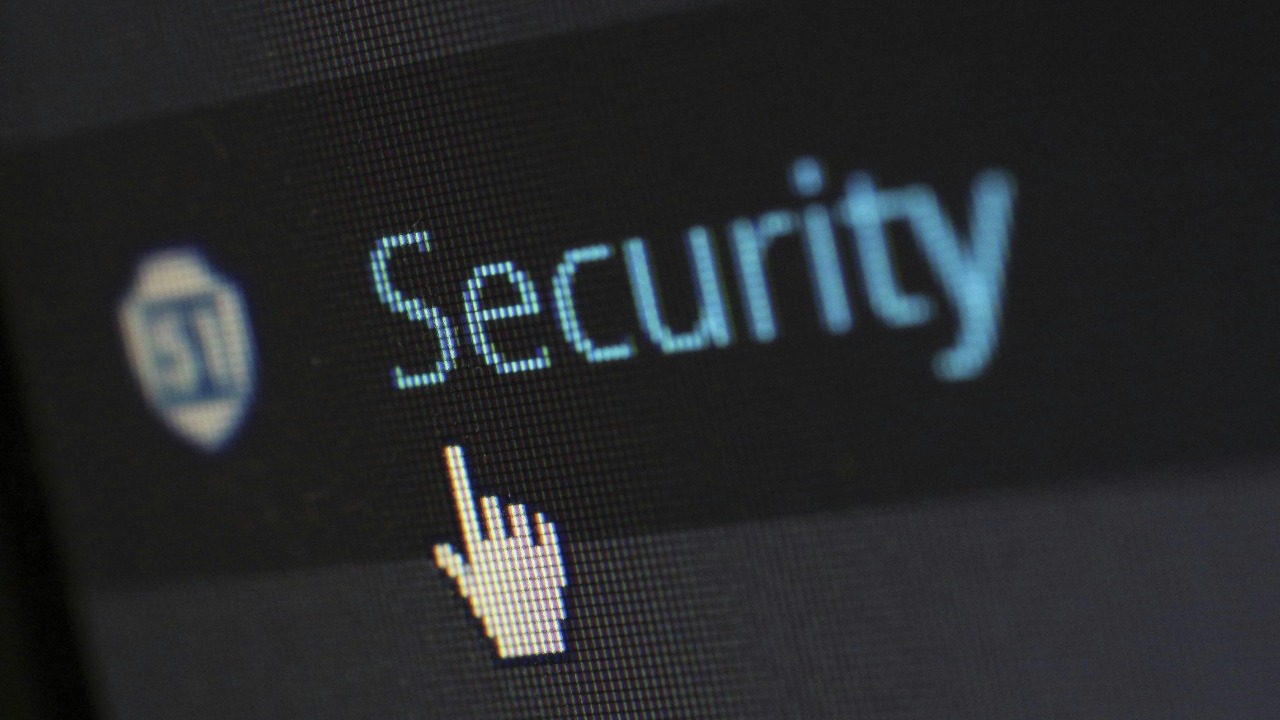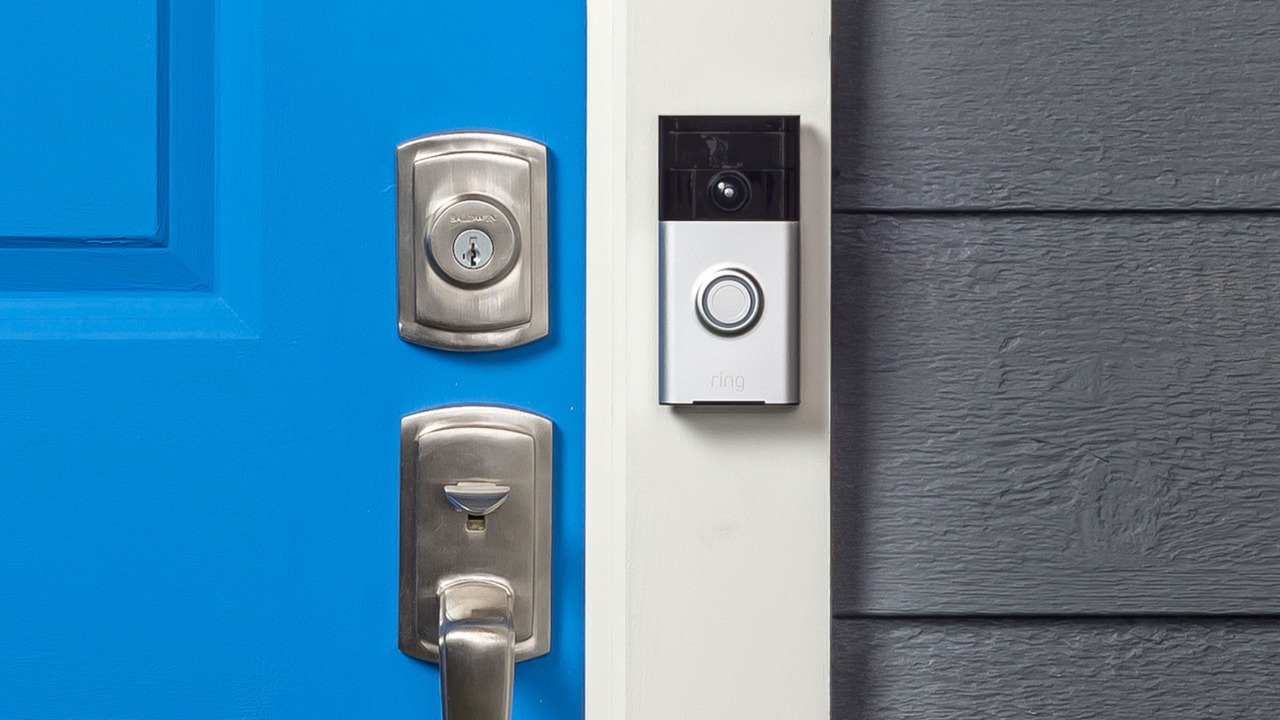
As doorbell cameras become increasingly popular for home security, their potential downsides often remain under-discussed. While these devices offer convenience and a sense of safety, they also pose certain privacy and ethical concerns. This article delves into the hidden drawbacks of doorbell cameras and suggests ways to mitigate these issues.
Privacy Concerns

Doorbell cameras are designed to collect vast amounts of data, capturing footage of everything that happens at your doorstep. However, many users are unaware of the extent to which their data is collected and potentially shared. Some companies behind these devices may use the collected data for purposes beyond security, such as marketing analytics, often without explicit user consent. This raises serious questions about data privacy and the potential for misuse by companies or third parties. It is crucial for users to scrutinize privacy policies and understand how their data may be used or shared.
Another significant issue is the inadvertent capture of footage involving neighbors and passersby. Doorbell cameras can record areas beyond the homeowner’s property, leading to potential privacy invasions. This can result in legal complications if individuals feel their privacy has been violated. Homeowners must be mindful of the camera’s field of view and consider the ethical implications of capturing footage outside their immediate property.
Security Vulnerabilities

The convenience of doorbell cameras comes with security vulnerabilities, particularly the risk of hacking. These devices are connected to the internet, making them susceptible to cyberattacks. Hackers can potentially gain unauthorized access to live feeds or recorded footage, compromising the security they are supposed to provide. Users should be aware of these risks and take steps to secure their devices, such as updating firmware regularly and using strong, unique passwords.
Data breaches are another concern, where hackers target the servers of doorbell camera companies to steal user data and footage. Such breaches can have serious implications, exposing sensitive information to cybercriminals. Users should stay informed about any reported breaches and follow recommended security practices to minimize their risk.
Ethical and Social Implications

The proliferation of doorbell cameras contributes to the normalization of surveillance in our society. While these devices can enhance security, they also raise concerns about the erosion of privacy and trust within communities. The constant monitoring can lead to changes in behavior, as people become more conscious of being observed. This shift could affect community dynamics, potentially fostering a culture of suspicion rather than trust.
Moreover, the impact of doorbell cameras on crime rates is not as straightforward as it may seem. While they may deter crime in monitored areas, they may also push criminal activity to less surveilled locations. This raises ethical questions about the reliance on technology for community safety and whether it truly addresses the root causes of crime. For further insights, you can explore a discussion on the benefits and drawbacks of smart doorbells on Quora.
Legal and Regulatory Challenges

Currently, there is a lack of comprehensive regulation regarding the use and management of data collected by doorbell cameras. This regulatory gap can lead to potential abuses and inconsistencies in how data is handled. Without clear guidelines, both consumers and companies may operate in a legal grey area, increasing the risk of privacy violations and data misuse.
Doorbell camera owners also face legal responsibilities concerning data protection and neighbor privacy. They must navigate the complexities of privacy laws and ensure their devices do not infringe on the rights of others. Failure to do so could result in liabilities, highlighting the need for clear legal frameworks to guide the responsible use of these devices.
Mitigation Strategies

To enhance the security of doorbell cameras, users should implement strong security measures. This includes using robust passwords, enabling two-factor authentication, and regularly updating device firmware. These steps can significantly reduce the risk of hacking and unauthorized access.
Informed usage is also critical. Users should educate themselves on privacy settings and choose devices with strong privacy policies. Understanding the features and limitations of their doorbell cameras will help users make responsible decisions. Advocating for stronger regulations is equally important, as it can lead to better protection of consumer privacy and data security. For more on this topic, you can read about the need for well-defined regulations in this paper.
By addressing these challenges and promoting responsible use, we can enjoy the benefits of doorbell cameras while minimizing their downsides. It is up to consumers, companies, and regulators to work together in creating a balanced approach to home security technology.